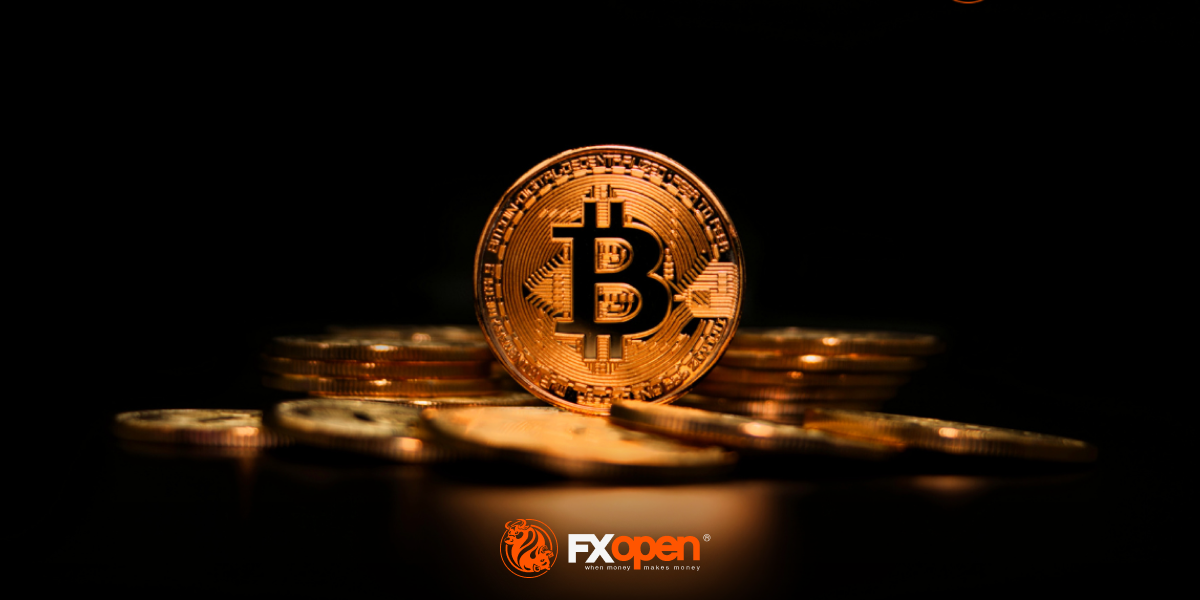FXOpen

The oil industry suffered one of its greatest shocks recently. Ever since the coronavirus pandemic reached the Western world, developed world economies started to shut down.
Even now, more than six months into the pandemic, developed economies perform way below their pre-pandemic levels. As such, demand for oil products declined significantly, triggering sharper economic contractions in oil-producing countries.
But oil is coming back. Signs of a stabilizing market appear on the horizon, mostly due to the OPEC efforts and the way the cartel led the fight against lower prices.
In a way, it was/still is a fight for survival. Oil has long been viewed as one of the main reasons for climate change, and recent trends suggest oil consumption will decline in the future. However, oil is the product that changed our societies and the product responsible for the giant leap forward civilization took.
Undersupplied Oil Market
The OPEC moved fast when the oil prices collapsed last March. As oil futures settled below the zero level, creating a dangerous precedent, OPEC gathered another nine countries, plus Russia, and orchestrated production cuts.
A sharp decline in demand, caused by traditional oil-consuming industries shutting down, triggered the OPEC’s decision. Tourism, air transport, passenger cruises – were literally responsible for the sharp decline in oil demand. Lockdowns weighed on all economies.
Even now, oil demand lies well below levels seen at the end of 2019. Compared to December 2019, oil consumption declined by eight million barrels a day.
But recent signs show a recovering market. Economies came back from lockdowns, and oil demand recovered. While a second wave of infections affects European economies, further lockdowns are unlikely.
In the last four months alone, demand bounced to 13.4 million barrels per day, far more than the current supply. Thus, there is an undersupplied market that should translate in higher – if not constant – oil prices.
The U.S. election may prove to be a game-changer for the price of oil in the short-medium term. If Democrats win the White House, the chances are that sooner rather than later, negotiations with Iran will emerge. Accommodating new oil from Iran, some millions of barrels a day will weigh on oil prices.
For now, further global oil demand recovery is likely. Given the OPEC efforts, the price of oil is likely to remain close to the $50 level for the foreseeable future.
This article represents the opinion of the Companies operating under the FXOpen brand only. It is not to be construed as an offer, solicitation, or recommendation with respect to products and services provided by the Companies operating under the FXOpen brand, nor is it to be considered financial advice.
Stay ahead of the market!
Subscribe now to our mailing list and receive the latest market news and insights delivered directly to your inbox.










